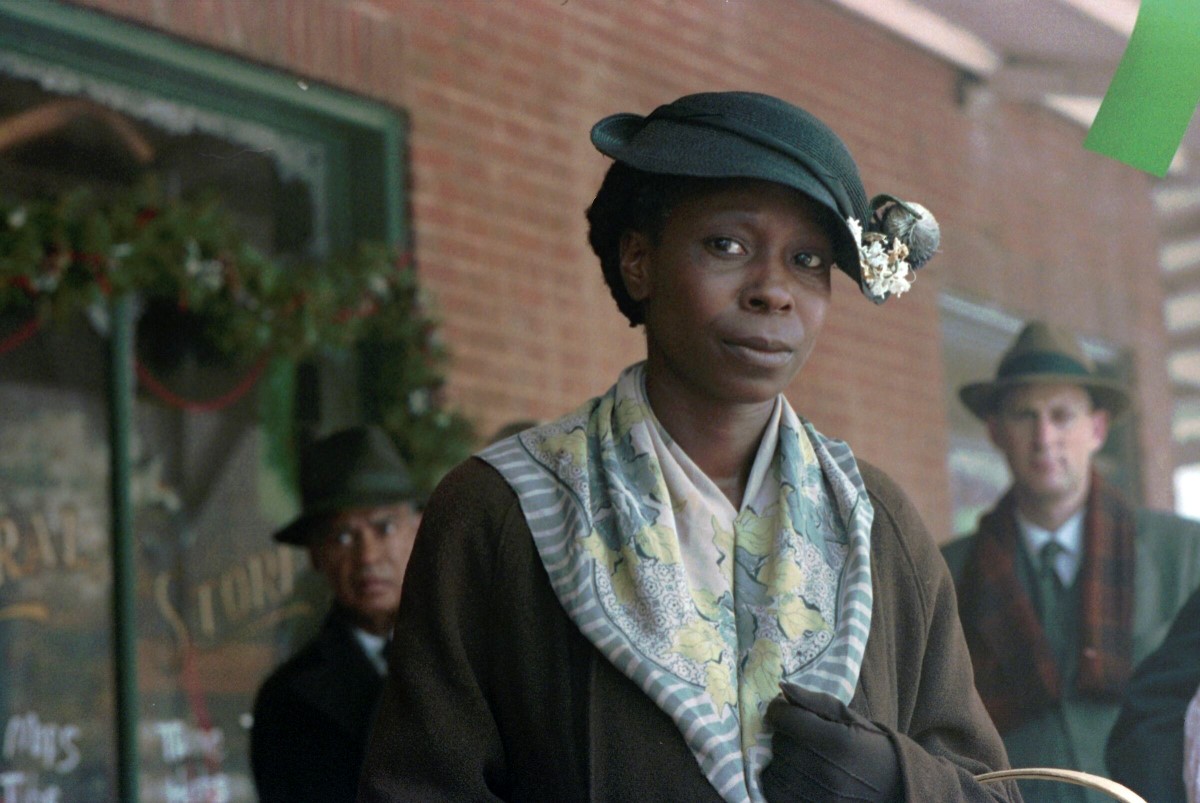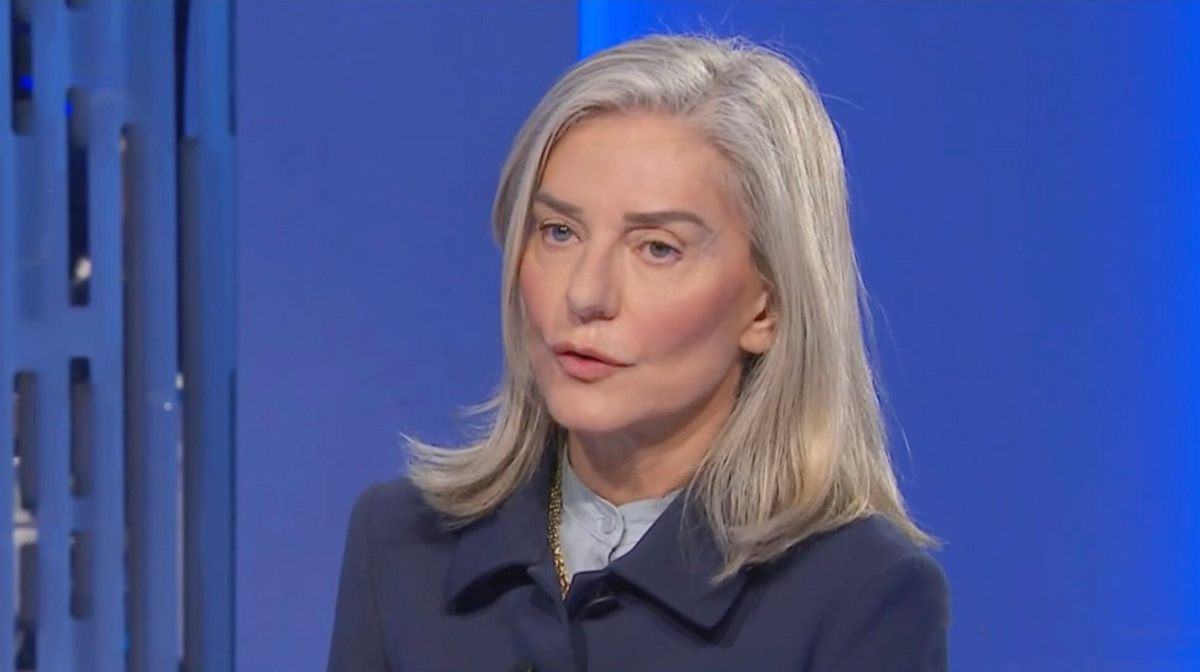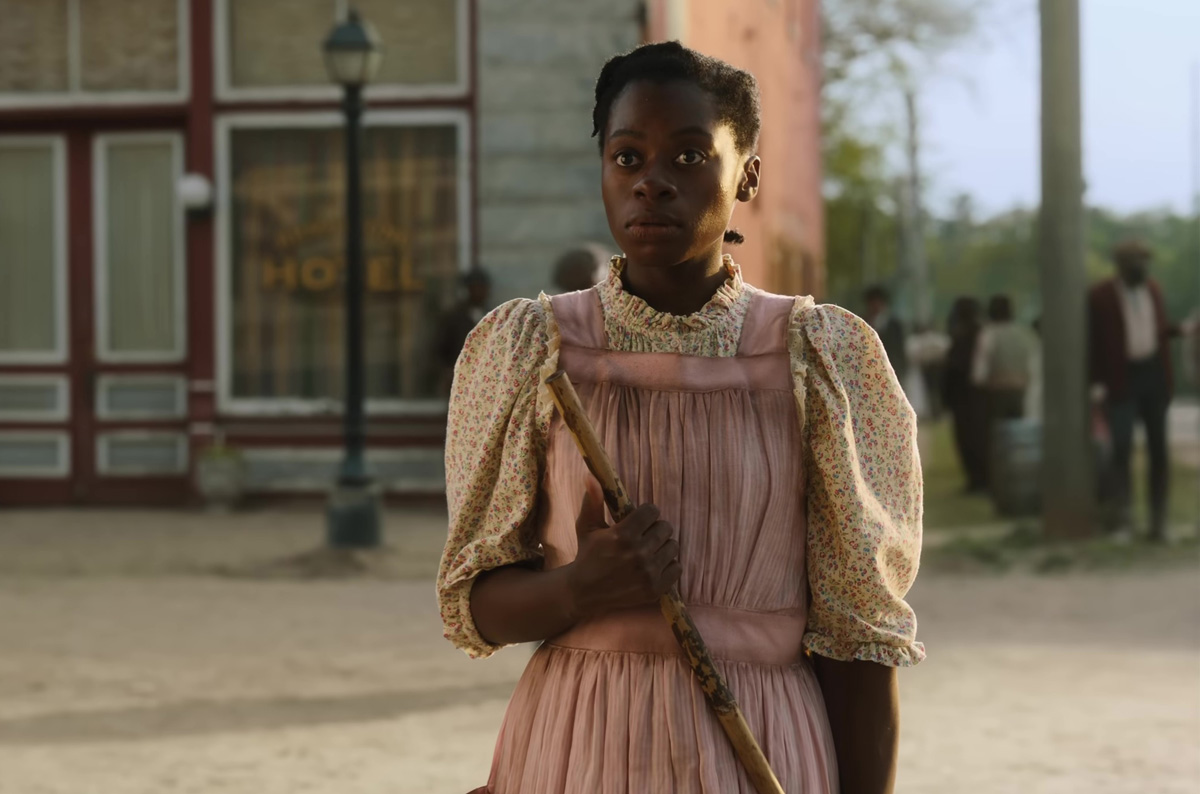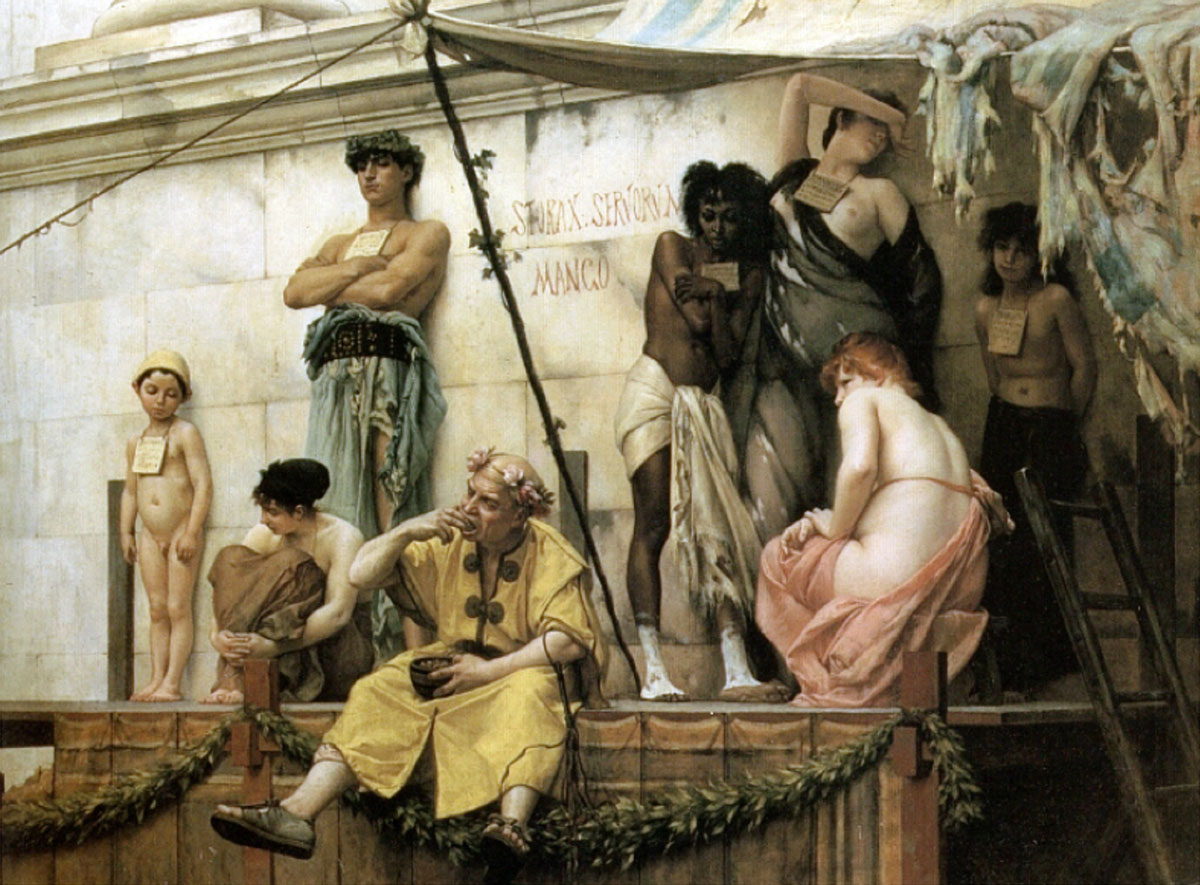Richard Grenier discusses Alice Walker’s novel The Color Purple and Steven Spielberg’s film adaptation, exploring the controversy surrounding Walker’s portrayal of Africa. The author questions the accuracy of Walker’s depiction of Africa, particularly the fictional tribe called Olinka, and highlights historical inaccuracies and discrepancies in the narrative. The critique delves into Walker’s political views, emphasizing her admiration for Fidel Castro and Helen Caldicott, and challenges the credibility of her portrayal of Africa without firsthand experience.
African Dreaming: Alice Walker’s The Color Purple
by Richard Grenier
I have found the perfect place. Not the Garden of Eden perhaps. Not Arcadia. But as close as we are going to get to it on this earth. Africa. Or, at least, the Africa that emerges from Alice Walker’s prize-winning novel, The Color Purple. For despite the breadth, and scope, and depth of Steven Spielberg’s film version of the book, which a lot of people think is the best thing to happen to American blacks since Harriet Beecher Stowe wrote Uncle Tom’s Cabin, a movie simply cannot do credit to the wealth of knowledge and sometimes plain no-nonsense information contained in a written work.
Now the Lord alone knows—or perhaps I should say Nature, “she” alone knows (in Walkerese)—the commercial destiny in store for this big-budget Spielberg-Whoopi Goldberg production. It is known, of course, that Alice Walker is not a universal favorite among blacks. She hates black men with a passion, an antipathy black men return with some stoniness. Black women don’t always like her much either. A black woman said recently she was “tired of being beat over the head with this women’s lib stuff, this whole black woman/black man, ‘Lord have mercy on us po’ sisters.’ ” And it fell to a sensitive white woman, a core admirer, to confess that, once she’d gotten through The Color Purple’s first depressing chapters, the book was “so uplifting and true it made me cry.”
Which is to say that this sensitive white woman was obviously not black, nor was she raised poor in rural Georgia before the First World War, nor was she raped by her father when she was thirteen, nor did she bear him two incestuous children, nor was she later abused by her husband, nor did she become a lesbian, but that the book was so uplifting she could somehow feel it was true.
Alice Walker has hatred to spare, and some slurps over onto white men, and even, in a half-hearted way, onto white women. So her real fans are pretty much limited to white tearers-of-hair and renders-of-garments. But Spielberg has made so many zillion dollars from movies even his best friends wouldn’t claim had anything to do with real life, and he’s spending so much money advertising this new Purple flick, which is suddenly going to tell everyone Great Truths, that we’re probably not going to know for a few weeks whether the Great American Public is swallowing it or not. [It swallowed it.]
The Color Purple is what is called an “epistolary” novel, which is to say it’s made up of letters, in this case between the novel’s heroine, Celie, who gets raped by her father and beaten by her husband and ends up a lesbian, and her younger sister Nettie. Things get pretty sticky when Nettie moves in with her married sister, Celie, and Celie’s husband, Albert. So Nettie runs away and the next thing you know she’s a missionary in Africa.
The first miracle in this story is the improvement in Nettie’s prose style as soon as she gets away from home. Celie, of course, writes in Black English, which, for all I know, they’re teaching at Princeton these days. We fall on each other neck. She be my age but they married. But Nettie hasn’t been away from home a week and already she’s saying things like “I dare not” and “I dread parting from them.” And by the time love with a kind and gentle man comes to Nettie, she’s writing, “I was transported by ecstasy in Samuel’s arms … I love his dear eyes in which the vulnerability and beauty of his soul can be plainly read.” In the end it came to me that the book’s title, The Color Purple, was in honor of Nettie’s prose.
But the real, world-class miracle in the book is Africa, the Africa that emerges from Nettie’s letters home. Now I realize that the Back-to-Africa movement isn’t very popular among American blacks. Stokely Carmichael and a few of his friends tried it for a while, but it didn’t last. The late Huey Newton even tried Back-to-Cuba (where Alice Walker interviewed him reverently), but only stuck it out three years. Even the 15,000 or so “Free Negroes” who were sent off to Liberia beginning in 1822 went begrudgingly, they say, even though they now run Liberia. God knows, it’s hard enough to get Jews to go to Israel, which their religion calls on them to do, I think, but American blacks won’t go back to Africa, period. Now is this plain horse sense, or does Alice Walker know something about Africa nobody else knows?
Toward the end of The Color Purple, which is somewhere in the 1930s, Celie twice has dealings with the U.S. “Defense Department.” But since at that time the Defense Department didn’t exist, you start to wonder, does Alice Walker’s Africa exist? Also, when Nettie passes through Liberia on her way out to Africa in about 1910, the Liberian president is named Tubman. But since William Tubman’s big years were in the 1950s (and even 1960s), this is like getting Dwight Eisenhower mixed up with William Howard Taft. Or perhaps Woodrow Wilson. Picture the 1916 election with an amalgamated Eisenhower-Wilson platform. We like Ike! He kept us out of war!
The Color Purple contains what Eddie Murphy calls a “Black History Minute,” a bit of encapsulated African history. Africans, we learn, once had a higher civilization than Europe but for several centuries fell on hard times, the fault of “the English.” Millions of Africans were sold into slavery (by other Africans, incidentally), as a result of which those remaining in Africa don’t know how to read and write any more. But despite the depredations of colonialists, they possess a culture and contact with nature that white people will never match.
Nettie spends thirty years with a coastal tribe called the Olinka, so she must know them pretty well. They worship the holy roof leaf, apparently a high-class religion. Although Nettie has come to Africa to preach Christianity, she finds this roof leaf religion absolutely first rate—as, indeed, she finds everything else about the Olinka. “We know a roof leaf is not Jesus Christ,” she writes her sister, “but in its own humble way, is it not God?”
Nettie spends no time at all evangelizing but seems to regard her mission in Africa as a combination of social work and deep learning experience. Unlike those uppity Americo-Liberians, who are more American than Americans, Nettie’s missionaries, in the arms of whose wonderfully vulnerable leader she finds ecstasy, drink deep of the Olinka culture (this in 1910). They savor the wonderful friendships among the Olinka women. The missionary’s children “love the open feeling of the village, and love living in huts. They are excited by the hunting expertise of the men and the self-sufficiency of the women in raising their crops.” The Christian missionary’s boy scars his cheeks like the male Olinka.
The Olinka scarify their children’s cheeks as a mark of their tribe, and have puberty rites for both boys and girls (although only Steven Spielberg introduces coeducational puberty rites, doubtless the influence of Reform Judaism on Africa). And when occasionally the Olinka do something a little disgusting, Nettie reflects, “But the white man has taken everything else!” So she views these disgusting things they do as a sign of tribal vigor, which is great.
On the other hand, perhaps the most wonderful thing about Africa is that tribes don’t count at all. Not too far from Nettie’s mission, apparently, there’s a deep rift in the earth where are gathered a thousand people from dozens of African tribes, all united to free Africa! There is a school (what language?). A temple (what religion?). An infirmary (what kind of doctors?). “Male and female warriors” go on sabotage raids against white plantations, all united in a common goal, “the uplift of black people everywhere.” Reading the book, I wondered—with fifty African states having attained independence at least twenty-five years ago and African culture now doubtless in full bloom—what Alice Walker is doing living surrounded by all those degenerate white people in northern California (with homes both in the country and in San Francisco).
Imagine my shock, furthermore, when on consulting every reference book on Africa I could find no entry under “Olinka.” Since it’s a Slavic diminutive for “Olga,” it’s been suggested that Alice Walker might have picked it up at the Soviet-sponsored World Youth Peace Festival in Helsinki which she attended with Angela Davis, recently candidate for vice-president of the U.S. Communist Party. But maps produced a further shock. Although Nettie is peculiarly vague about just which British colony her Olinka inhabit, as we work down the African coast from Liberia we have only Ghana and Nigeria. I’ll give Nettie a break and bypass Ghana, Kwame Nkrumah, and all that mess, leaving us oil-rich Nigeria.
Well, Nigeria has about 250 tribes, including four really big ones: Hausa, Fulani, Yoruba, and Ibo. The smaller ones are the Kanwri, Nupe, Tiv, Edo, Ijaw … (I could go on, but you will not find Olinka). Some 50 percent of Nigerians are Moslem, 35 percent Christian, the rest pagan, but, amazingly, no roof leaf.
Since independence in 1960, Nigeria has had an interesting history. The early years were marked by bitter conflict, which culminated in 1966 in two military coups d’état, the first by Ibo army officers, the second by Hausa army officers. In September Hausa tribesmen began massacring Ibo in the north, whereupon Ibo in the south seceded to form the temporarily independent state of Biafra. The two sides then fought a bloody, three-year civil war which left one million dead, all blacks killed by other blacks. Now where, you might ask, is that wonderful gathering place filled with Alice Walker’s happy Africans, united for the uplift of black people everywhere? The answer might explain why Alice Walker is living in California.
A difference between Alice Walker and me, of course, is that I have been to Africa, many times, while I have the funny feeling she has not. It takes a lot of nerve to set a large part of a major novel in a place you’ve only daydreamed about. And since I don’t believe a word of what Alice Walker says about Africa, why should I believe what she tells me about the woes of a black lesbian in the Georgia of 1910—a place she’s never been to either, come to think of it.
Searching for the root of Alice Walker’s African daydreams, I’ve read her collected essays in what she calls “womanist” prose. I find she’s written a passionate celebration of Fidel Castro’s Cuban Revolution. She’s an ardent admirer of nuclear-surrender advocate Helen Caldicott. She writes that nothing bad happens in China any more since the Communist Revolution. She published this in 1976, before the death of Mao and the fall of the Gang of Four. With 30 million Chinese dead thanks to Mao, according to his successors, and even more recent dramatic events, one wonders what Alice Walker has to say about China now.
Pondering how a sane college graduate could possibly have dreamed up a place as fanciful as Alice Walker’s Africa, I came across the most curious of her “womanist” memoirs. A male cousin of hers has left white, wintry Boston to return to Atlanta and he glories, she says, in not having to see a white person from one year to the next. Alice Walker asks his wife, who seems to have been raised in Boston, how she feels about it. The wife admits Atlanta is nicer, but misses all her friends back in Boston. It hurts, she says, but you can’t have everything. This fills Alice Walker with derisive scorn, and she thinks jeeringly if mysteriously, “Yes, two hundred years ago you might have tried to escape to Canada, no matter what the slaves who’d already settled there wrote you of the murderous cold.”
I puzzled over this sentence quite a bit—because surely Alice Walker can’t be expressing contempt for a slave’s determination to be free. Surely a Canadian winter is less bad than continued servitude. Until I realized that the hot button was her relative’s remark, “You can’t have everything,” and I saw how limited was my sense of what is possible in this world. It suddenly came to me with a dizzying surge that the slave not only had a right to freedom, she had the right to a warm Canada. It’s that old earth-bound side of me. No imagination. I don’t believe in that wonderful secret gathering place filled with happy Africans united for the uplift of black people everywhere. And I’m not out there demanding a warm Canada.
Washington Times, January 3, 1986





